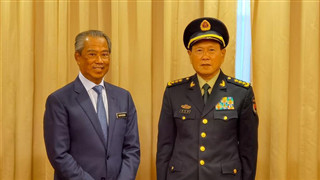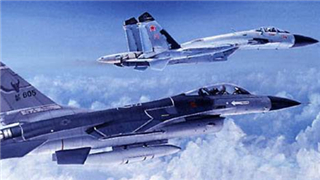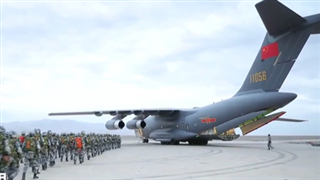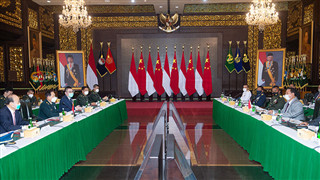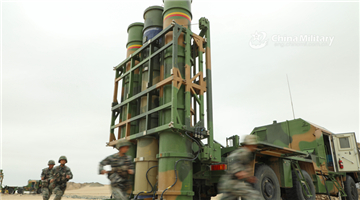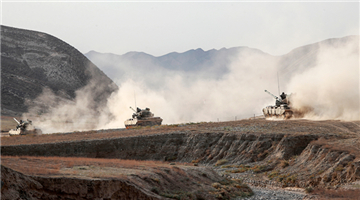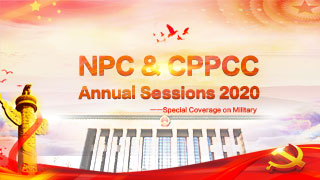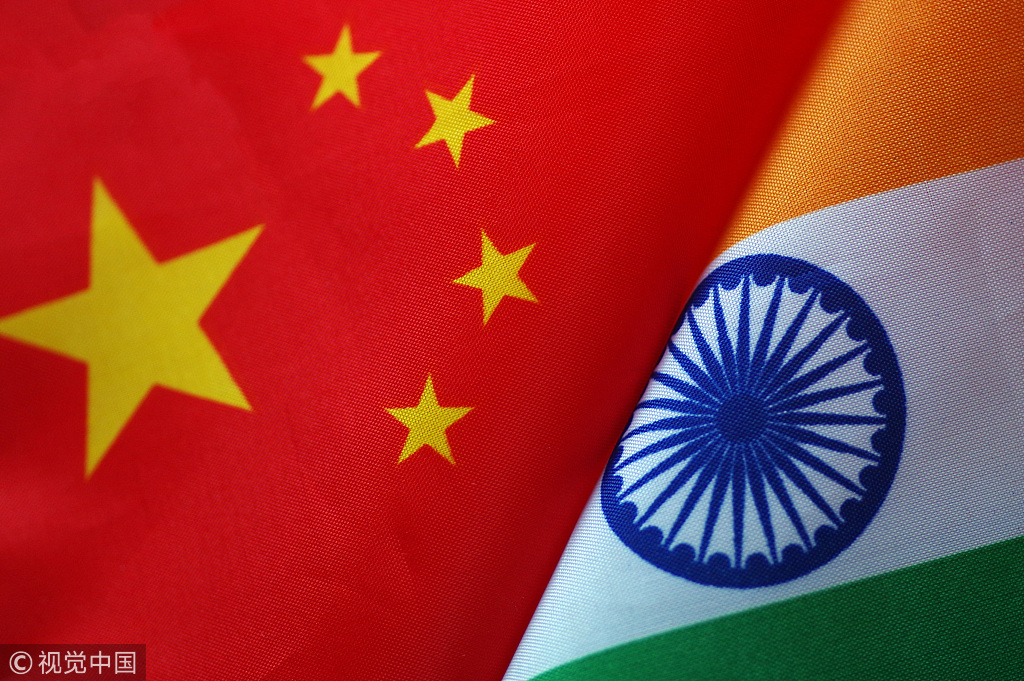
Indian troops illegally crossed the line into the Shenpaoshan area on the southern bank of the Pangong Lake in the western sector of the China-India border, and outrageously fired shots to threaten the Chinese border patrol personnel who approached them for representations on Monday. The Chinese border troops were forced to take countermeasures to control the situation. The spokesperson for the Western Theater Command of the Chinese People's Liberation Army (PLA) pointed out that India's actions seriously violated the relevant agreements and deals between China and India, pushed up regional tensions, and can easily cause misunderstandings and misjudgments. These are serious military provocations of a very bad nature. China requires India to immediately stop dangerous actions, immediately withdraw personnel that crossed the border, strictly restrain front-line troops, and thoroughly investigate and prosecute personnel who fired shots to ensure that similar incidents do not happen again, said the spokesperson.
Recently, India's repeated aggressive moves on the China-India border may temporarily instigate domestic nationalist sentiments and cover up the double-strike crisis of the severe pandemic and economic recession, but it cannot shift the deep-seated contradictions in India.
2020 marks the 70th anniversary of the establishment of diplomatic relations between China and India. However, the Indian side repeatedly took actions that undermine the development of China-India relations.
"Not an inch of Chinese territory can be lost, and China's military is fully determined, capable and confident to safeguard China's sovereignty and territorial integrity," said General Wei Fenghe, State Councilor and Minister of National Defense in a meeting with his Indian counterpart in Moscow, Russia. It is by no means an empty talk. China's GDP is about five times that of India, and China's military power is much stronger than India's.
So what does India want on the fringe of military adventure? Behind this, it is the so-called "Forward Policy" factors of the Indian government unilaterally changing the status quo of border control, a right-leaning climate in India's domestic political ecology, and India's political speculative psychology under the changing international geopolitical environment. The most direct and urgent reason is the pressure of maintaining domestic stability of India.
As of September 7, local time, the number of confirmed cases of COVID-19 in India exceeded 4.2 million. India surpassed Brazil and has the second-highest number of COVID-19 cases in the world, the second most diagnosed country in the world, according to Indian media reports. According to the number of current daily new cases, India may surpass the US in the next six weeks to become the country with the largest number of confirmed COVID-19 cases. While the domestic pandemic situation has become more severe, the Indian economy has also experienced a severe recession. According to data released by India's Central Statistics Office on August 31, its national economy plunged by 23.9 percent in the second quarter of this year due to the impact of the COVID-19 pandemic. This is India's worst quarterly economic contraction since the release of relevant data in 1996.
The unsatisfactory response to the pandemic and the difficulty of restarting the economy has become the Achilles’ heel of the Modi administration, which has been slammed by opposition parties. However, the Modi government's options are extremely limited. Against this background, India has tried to temporarily pacify the domestic political opposition and the people's grievances, and maintain the political and social stability, through repeatedly making provocative moves on the border issue, creating a tense atmosphere of military confrontation between China and India, introducing policies to suppress China.
Besides, the Indian government also intends to promote the process of De-Sinicization in the country by provoking China and speculating on issues related to China. The Modi government has been implementing the "Made in India" plan since 2014, but it is difficult to change the status quo of relying on Chinese imports for electronic products, auto parts, furniture, and other products. At the same time, the Modi government is also well aware that it cannot completely decouple from China, especially in the context of the current pandemic, which will only bring about greater economic difficulties and social unrest. The Indian government's wishful thinking is to provoke China and incite hatred towards China, develop conditions for domestic products to replace Chinese goods and complete a forced substitution of "Chinese goods". It hopes, by so doing, a "big turnaround" for India’s national industries will be enabled.
However, no matter how carefully India has planned, trying to provoke China to shift domestic contradictions is tantamount to” drinking poison to quench thirst”. Although there are changes in international political situation, and India now sees temptation of taking advantage of changes in the external situation and arbitraging China, it cannot change the fundamental fact: China and India are neighbors that cannot be moved away. As the only two countries with a population of one billion in the world, solving the problem of domestic inequality and inadequate economic and social development should become the overriding concern. India obviously sees more burdens and difficulties than China in solving domestic economic and social development issues. Not only can India not bear the price of breaking the peace, provoking China will not help cure India's "diseases."
Disclaimer: This article is originally published on haiwainet.cn, which is the website of Overseas Edition of the People's Daily. The article is translated from Chinese into English and edited by the China Military Online. The information, ideas or opinions appearing in this article do not necessarily reflect the views of eng.chinamil.com.cn.
